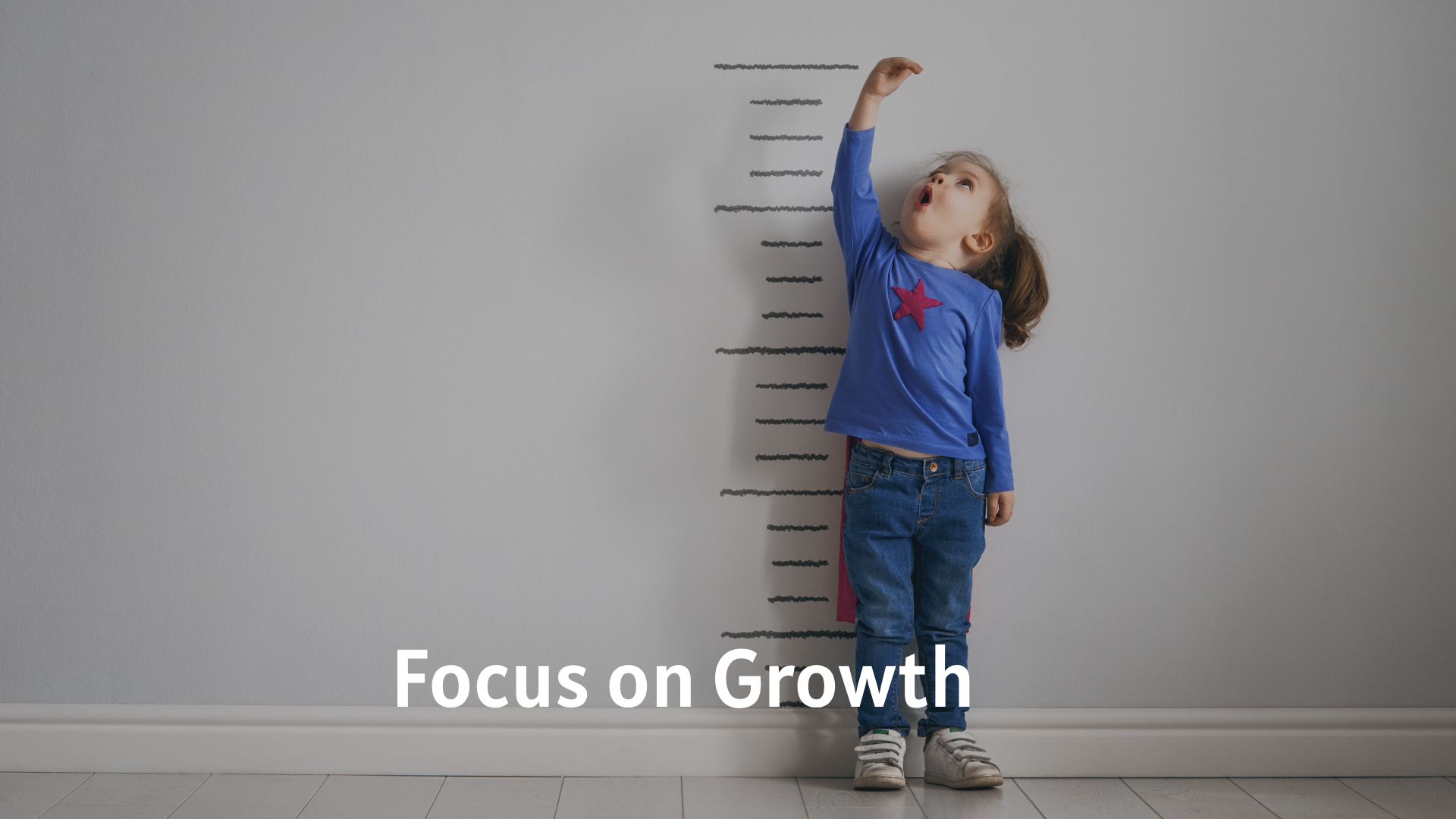Humility, meaning the opposite of arrogance, is a fine art some use to defeat their own ego. Learn what it means to be humbled, how to overcome arrogance, and balance your pride with humility.
Some people have virtually no self-esteem, and their lives reflect that. There are other people who are so full of themselves, you can’t stand to be in the room with them. To lead a healthy life, pride and humility should be balanced, but how can you do that? Join SpiritualBlossom to discover how to use humility to defeat the ego. Find out why the ego itself isn’t a bad thing, but when it is inflated, it is terrible. Discover how to defeat egotism and build healthy humility. We don’t create reality with our thoughts, but our thoughts about ourselves create actions that build our lives. Find out how to use your thoughts about yourself to lead your best life yet.
What is Humility?

“ Humility is the first step towards learning. You can't learn until you are humble enough to realize that there is something for you to learn.”- Robert T. Kiyosaki
Humility is defined as having a modest view of your own importance. It means that you acknowledge your imperfections and limitations but also recognize that you're important to other people. It is considered to be the opposite of unbridled pride which is called arrogance and humble people recognize that they have weaknesses and don't try to act like they are perfect or better than everybody else. Humility is considered to be realistic and you don't go out of your way to brag or cut yourself down. Humble people tend to be unselfish, and while they focus on being fair to other people, they are also fair to themselves.
When you are humble, you won't humiliate yourself. Some people look down on themselves and focus only on what they feel are their negative qualities, but don't recognize positive qualities in themselves. When you are humble you will recognize that you do have negative qualities, but you won't associate yourself exclusively with your imperfections. Humility allows you the opportunity to do what you feel is right even if people don't like you for it. Learn how to have the courage to be disliked here: How to Have the Courage to Be Disliked
What is Pride?
“ Pride is a personal commitment period it is an attitude which separates excellence from mediocrity.”- William Blake
Healthy pride ties in with humility even though they are considered to be the opposites. Pride can be defined as self-esteem. Cambridge Dictionary online says that pride is ” A feeling of pleasure and satisfaction that you get because you or people connected with you have done or gotten something good.” They also say pride is “Your feelings of your own worth and respect for yourself.” Pride is very important in building a sense of self and making sure that you don't let people take advantage of you. If you don't have pride and confidence, you won't focus on furthering your achievements, you won't take up for yourself when people mistreat you, and you will have a very difficult life. Learn how to have some healthy self-confidence here: Being Confident and Improving Your Self Esteem
Is the Ego Bad?

“ Always keep your ego in check and not be afraid to listen. Listening is a great art form.”- Clint Eastwood
Your ego comes from the Latin word for “I” and it denotes your sense of self-worth. Merriam-Webster online says ego is “ A reasonable or justifiable sense of one's worth or importance.” The ego isn’t a bad thing unless it becomes toxic. A toxic ego is what happens when pride goes too far and becomes unbalanced. A toxic ego causes you to be overly pleased with yourself and your accomplishments and become conceited. When you think or talk about yourself excessively and have an amplified sense of self-importance, this is known as egotism. Egotists overestimate their importance, they belittle the accomplishments or the good qualities of other people, and they become overly self-promoting.
They can become very angry about constructive criticism and take it as an attack. They can become overly focused on themselves to the point of being extremely selfish. It is very important to be able to see beyond our own self-interests and understand that other people are just as important as we are. An inability to do that creates toxic egotism, and egotistical people are known to hurt other people's feelings, or have an inability to be sharing in relationships. Relationships with egotistic people can turn toxic. Find out if you are involved in a toxic relationship and just what to do about it here: Why Relationships That Are Toxic Happen
What if Pride and Humility Aren’t Balanced?
“ Successful leaders balance pride with humility: absolute pride in performance; total humility before the magnitude of the task.”- James Kerr
If your sense of pride and humility are not balanced, you can either become arrogant and egotistical or have serious self-esteem issues. Arrogance makes you say or do unkind things sometimes. It can make you so overly critical, and all you want to do is insult other people, and believe you are a superior person. It can make you impossible to please if you believe you are better than other people and that you deserve the best for yourself at all times. It can strain your relationships, even making you believe nobody is good enough for you.
On the other hand, not enough pride can make you think poorly of yourself and devalue your own accomplishments. You might constantly compare yourself to others, believing you can’t measure up. If you get a good grade, you may feel bad if somebody scores higher than you. If you see someone you think is better looking, it can make you think you are not attractive at all. A healthy amount of pride will allow you to see the good in other people and not feel threatened by them. It can make you happy to see other people succeed, and it can make you build other people up while you are proud of yourself because you celebrate their successes right along with your own. Even if a dream is shattered, if you have a healthy amount of pride, it will make you go forward and pursue other dreams. Read about what to do about shattered dreams here: How to Cope with a Shattered Dream
Defeating Egotism
“ The weak are dominated by their ego, the wise dominate their ego, and the intelligent are in a constant struggle against their ego.” – Hamza Yusuf
So, if being an egotist is bad, what can you do about it? You can defeat that ego with self-awareness. You have to learn to embrace constructive criticism accepting the fact that we are all imperfect, and that is alright. Finally, you have to learn to apologize humbly, and work on yourself.
Become Self-Aware
Self-awareness involves paying attention to yourself, and looking at both your strengths and weaknesses. It also means noticing how you react in certain situations. How do you behave when you're frightened? How do you behave when you're tired, lonesome, sad, sick, or hungry? What brings out the best in you and what brings out the worst in you? What helps you to learn? Are you a hands-on learner, do you learn better with a mentor, or do you do better reading and researching to learn on your own? When you understand the way that you are, it is easier to see how your mind works and the best and worst things about yourself.
If you are truly self-aware, you will see that you are imperfect. It's difficult if not impossible to have an inflated ego when you are aware of your imperfections. Everybody has imperfections. Sometimes we smell bad, sometimes we are forgetful, sometimes we are absent-minded, and sometimes we just make mistakes. None of this is a bad thing, it's just part of what makes us human. When we are self-aware, we accept that we can’t control everything, and we are at peace with that. Some people are overly controlling though. Learn about control and the Zodiac Signs here: The Zodiac Signs and Control
Embrace Constructive Criticism
Constructive criticism is very important. While we are observing ourselves, other people notice us too. Since we can’t think of everything all by ourselves, if we are lucky, when people observe us, they will be nice enough to point things out to us. Constructive criticism is all about helping people to improve, it's not being attacked. If you objectively listen whenever somebody offers feedback, even if it's difficult to hear, you might learn something very valuable about yourself. If you're even luckier, maybe the person giving you constructive criticism will offer some meaningful solutions! In this way , other people can act as spirit guides sometimes. Read all about how to work with spirit guides here: Working with Your Spirit Guide
Learn to Apologize
Nobody is perfect, and that's okay. When you're wrong, don't be afraid to admit that. Other people will appreciate you being honest with them and yourself. There will come a day when it happens, even if it hasn't happened yet, when you are wrong, or just when you misunderstood something unintentionally. Everybody is wrong sometimes, and most of the time other people can tell when someone is wrong. So, live up to it. It will make people feel more comfortable with you and bring you closer together. Some people never apologize or never admit that they're wrong. You don't want to be one of those people. Find out what to do, especially when somebody is not sorry when your feelings are hurt: Controlling Emotions When You’re Hurt
Building Healthy Humility
“ Humility means accepting reality with no attempt to outsmart it.”- David Richo
Defeating your ego is very important, but so is building a healthy amount of humility. Accepting your imperfections is a big part of it, but then focusing on growth as a person is a very powerful part of becoming humble. One way to do that is to learn to be tolerant of yourself, but also tolerant of other people.
Accept Imperfections
Imperfections aren't failures. They are just part of who we are as people. We all have physical blemishes and parts of our emotions that we wish that we didn't. Accepting that those things are a part of ourselves is the first step and becoming humble. Another part is accepting your imperfections is accepting the fact that imperfections are normal and everybody has them. Yes, even people who seem to be completely perfect. Nobody is perfect. A lot of people just hide their imperfections because they're embarrassed. Never be embarrassed. Embrace imperfections. If you've picked up on some imperfections, you might need to do some work on your own chakras. Find out how to work with your chakras here: Unleash the Power of Your Chakras
Focus on Growth

Some imperfections are things that we can't change. Other imperfections just highlight areas in our lives that we need to work on. The human mind is boundless. We were not born to stagnate, but to learn and to grow. Instead of being embarrassed or ashamed of imperfections, see them as an opportunity to work on self-improvement. Maybe your imperfections can be remedied with emotional control, or maybe they can be addressed by surrounding yourself with like-minded individuals. Maybe your imperfections don't need to be addressed, but part of your personal growth involves accepting imperfections and being okay with them. Personal growth can even lead to enlightenment. Read about how to become enlightened here: The Path to Enlightenment
Learn Tolerance
Tolerance is a very special skill to learn. It doesn't mean complete acceptance. It means ”putting up” with things. It means to admit to yourself that other people don't need your approval and you don't need other people's approval. Living in harmony with people who are different from you is a very important part of being a tolerant individual. You don't have to completely understand the way that other people are to accept the fact that they have a right to be that way. Tolerance means not trying to change people to suit you, and it means treating them with kindness even if you disagree with them. Tolerance may be one of the most difficult things to learn, but there is another side of tolerance besides just tolerating other people.
It is very important that we learn to tolerate things that we don't love about ourselves. You might not like the fact that an old injury keeps you from participating in certain things that you used to love to do, but for the sake of not exacerbating that injury, you know that you must refrain. You might not love the fact that you don't win every competition that you participate in, but tolerating the fact that you lose sometimes means celebrating the fact that someone else won. Tolerance is one of the teachings of many spiritual paths and including the modern religion known as Wicca. Read about seven major spiritual teachings of that faith here: Seven Spiritual Tenets of Wicca
Some people look down on themselves incessantly while others are so arrogant, they think they can do no wrong. A healthy balance of confidence with knowing you are imperfect is the key to overcoming egotism. The key is to be self-aware, accept criticism, and become good at apologizing. You don’t want to be all apologies, though. While you accept that you are imperfect, you will accept that imperfections are okay and instead of feeling bad , focus on growing. Next, you have to learn to be tolerant both with yourself and with others. Humility balanced with a healthy amount of pride is a powerful thing you can learn. May you always know exactly how wonderful you are, and balance your pride with humility.
Would you like to see what a psychic advisor has to say about balancing pride with humility so you can defeat your ego? Get a reading started to find out today!
About the Author: Lady Saoirse has studied magic and lore for most of her life but started walking her own Magical Path after being spiritually reborn in the desert. Today she is a High Priestess for The Temple of the Goddess, she is a psychic advisor and spiritual counselor, she shares her gifts as a Psychic and Content Writer for Mysticsense and SpiritualBlossom, and she writes for The Green Egg Magazine and PaganPages.Org emag.






